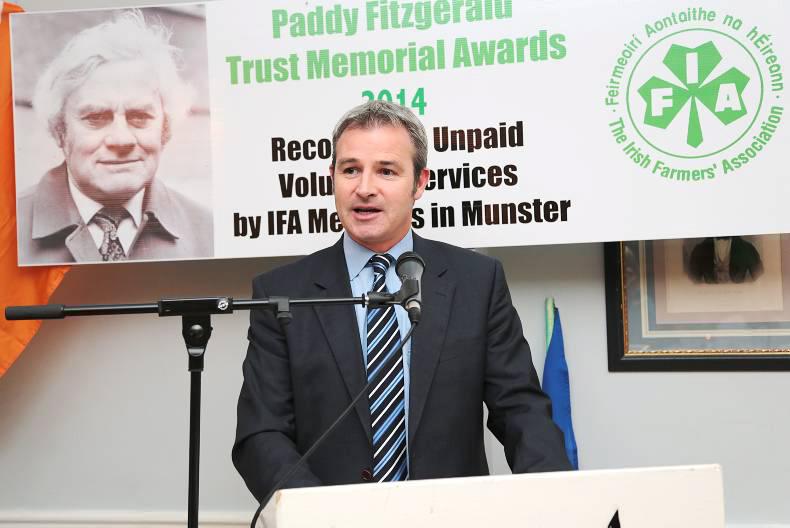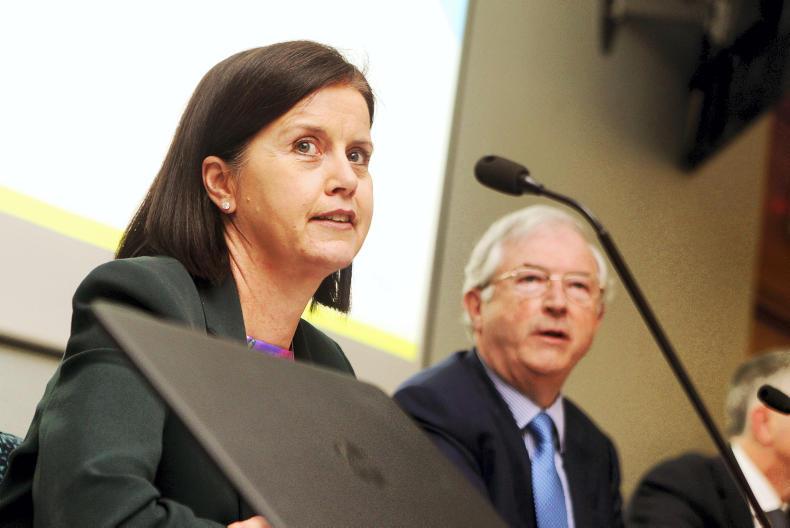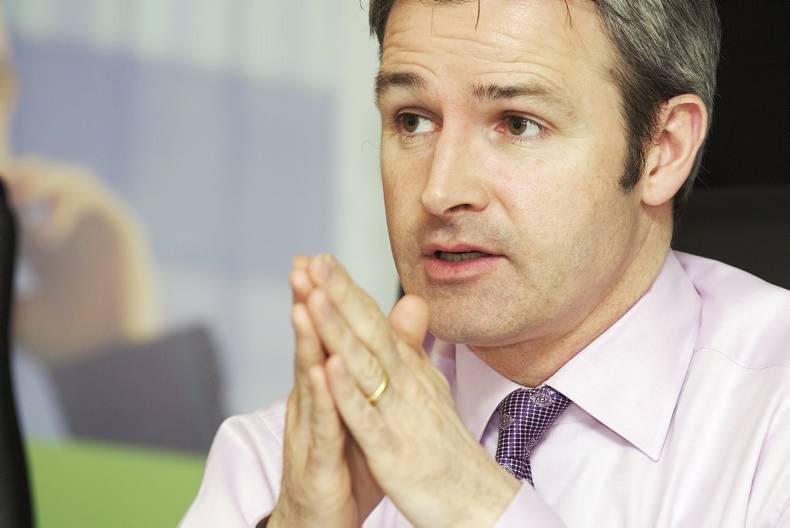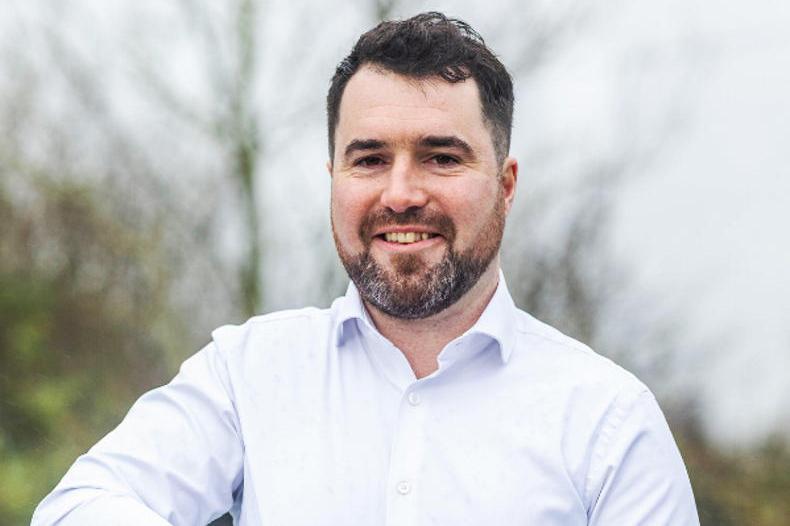12 February 2014 will go down in history for a day that saw one of the most powerful storms, Storm Darwin, leaving a wake of damage across the country, costing the insurance sector €160m.
In what is a notoriously cyclical industry, Darwin was to be only the start of the troubles for FBD. Its founding parent, Farmer Business Developments, remains the largest shareholder with a 24.6% stake.
Insuring over 90,000 farmers, FBD saw its profits collapse from €51.5m in 2013 to make a loss of €4.5m last year. This was due to a combination of factors including Storm Darwin, while it also blamed an increase in claims costs for the poor performance.
A challeged sector
But the insurance sector as a whole is in difficulty. With low interest rates, investment returns no longer significantly subsidise the underwriting operation. This is reflected in a combined operating ratio (COR) of 110% for the industry (below 100% leaves a profit). As a result of the increased claims, FBD’s loss ratio increased from 67.9% in 2013 to 86% in 2014. But this only explains part of FBD’s woes.
FBD, which had been growing market share over the past number of years, took a decision last year to pull back from the challenging and very competitive market. The volume of policies for the full year decreased 1.9% – this accelerated in the second half of the year, when the volume was 6.3% back.
Where did €55m in projected profits disappear?
So how does a company which had seen consistent profit delivery in excess of €50m in the previous three years, see half of its value destroyed in one year? FBD blamed a number of factors, including an increase in economic activity and issued a number of profit warnings during the year.
The bad weather and Storm Darwin cost the insurer and 9,000 affected customers €15m net of reinsurance. But the main reason given by FBD for the poor results was an increase in the frequency of motor and liability claims, as a result of economic recovery. Retail sales of automotive fuels, a proxy for miles driven and therefore motor insurance risk, increased almost 9% last year. This cost an estimated €10m.
The second contributing factor was an increase in large claims costs due to a small number of very large accident and liability claims and cost a total of €7m.
The third factor related to larger than expected numbers of prior-year medium sized injury claims (€0.2m to €1m net of reinsurance). This related to accidents that occurred in 2011 and 2012 and meant that the money that was set aside to settle these claims was not sufficient. The combined cost of these claims and maintenance of the reserve level resulted in a charge of €13m.
FBD then also allocated a €10m cushion to allow for further volatility and unexpected events, which was subsequently used.
And one further blow came when the Central Bank of Ireland fined the insurer almost €0.5m for various breaches of the consumer protection code between 2006 and 2011.
Seven years at the top
While the timing of yesterday’s announcement surprised the market, especially since group chairman Michael Berkery only three months ago said Langford has the “unequivocal support of the board”. At the AGM, 13% of voters were against the re-election of Langford.
Langford, a chartered accountant, took up the top position at FBD in 2008, following the sudden death of Philip Fitzsimons, who had held the position for five years.
Originally from Sandycove, he trained with Deloitte in the early 1990s and started with FBD as a financial accountant in 1996. He became director of finance in 2003 and joined the company’s board in December 2004. During his tenure at the top, the 45-year-old grew FBD’s market share from 11% to 14% last year while delivering consistent profits coupled with a progressive dividend policy.
FBD also remained true to its core, and still holds about 80% of the farming insurance market.
While 2014 was tough, the insurer brought in a profit of over €50m every year during 2011, 2012 and 2013 after surviving big hits from weather disasters in 2011 and 2010 alongside working in a very tough market. Other insurers have struggled also in trying to navigate this challenged environment.
Share price
The share price has struggled since 2008 but this was more to do with the macro environment as the world adjusted to a new post-boom economic reality.
In May of that year, it was trading in the region of €27/share. It subsequently fell to lows of just under €6/share as the financial crisis took hold in late 2008/early 2009. It remained relatively flat until 2011 and peaked in January 2014 at €19.30/share.
In the past year alone, almost half the value of FBD has been wiped as shares have plunged by a further 46% in the past 12 months as a direct result of the poor performance in the past 16 months. On the announcement of the CEO’s exit, shares fell sharply and closed down 10.8% on Friday at €7.65.
New phase
So FBD moves now into a new phase. The question that is on shareholders’ minds will be what lies ahead for the troubled insurer. What is the future strategy? Will it become a takeover target by one of the other giants operating in the relativley small Irish market? Or should it go back to its core and founding principles to become a niche insurer that offers a high-value service and reduces risk for farmers? We watch this space.
FBD publishes its half yearly results on 25 August 2015.










SHARING OPTIONS